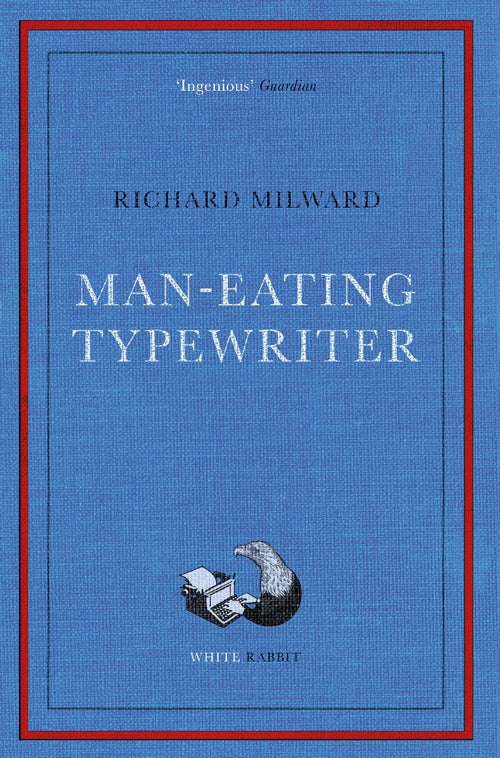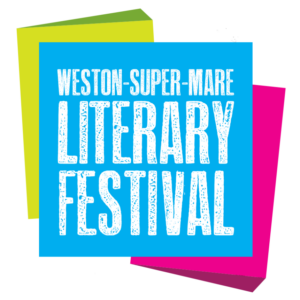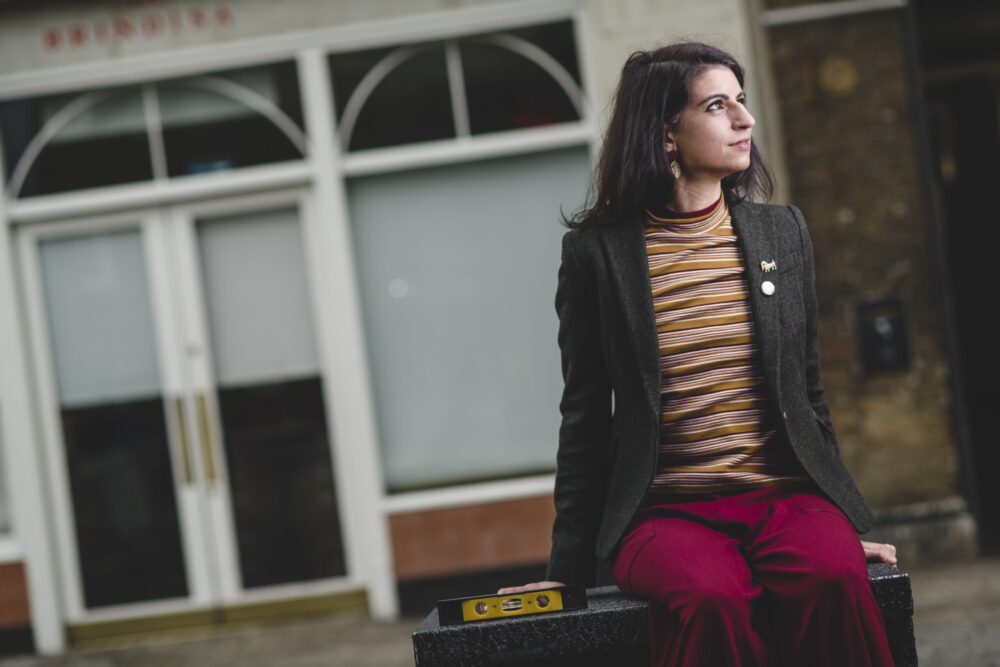Fantabulosa Flatness: Noreen Masud and Richard Milward in Conversation at Weston Lit Fest
By Rachel Hare
3 October 2023
Writer, lecturer and BBC New Generation Thinker Noreen Masud has always felt the pull of flat landscapes, from the wide-open fields that surround Lahore, Pakistan, where she was born, to the fenlands, beaches and moors of the United Kingdom where she has spent her adult life. In an episode of High Theory for the New Books Network, she explains: ‘what I’m interested in is any sort of surface […] which offers you nothing to look at, but at which you can’t stop looking’. Whilst mountains are more often celebrated as the apex of scenic beauty, Noreen suggests that flatness can open up new ways of seeing things we thought we knew well.
Noreen’s memoir, A Flat Place, chronicles both her travels around Britain’s flatlands and her exploration of her childhood memories and the Complex Post-Traumatic Stress Disorder (CPTSD) she lives with. These physical and mental landscapes map onto each other. Noreen describes how she sometimes feels flattened by her early experiences of growing up with a father who did not want his children to mix in their community (a situation, she is keen to make clear to people who may have preconceptions about Muslim cultures, which is not normal in Pakistan and isolated her and her sisters). As a queer brown woman, there are also times when she struggles to connect in a British society which is built on a colonial past it often refuses to acknowledge. The flat places Noreen visits provide comfort and often a sense of calm. A Flat Place is not a ‘survival narrative’ which tells a story of overcoming trauma and emerging triumphant. Nor does it offer startling revelations of self-discovery and change, although there are moments of realisation and connection. At the end of her journey, there is still much Noreen does not remember or understand about her experiences and feelings, but she has found some kind of acceptance of not knowing everything, not searching for a landmark event which will make everything make sense.
Richard Milward’s Man-Eating Typewriter also resists easy answers. It is constructed as a novel within a novel: amoral anarchist Raymond Novak tells a publisher that he intends to commit a ‘fantabulosa crime’ in 266 days and offers them his memoirs in advance. Set in 1960s London, the layered narratives unfold in an exuberant tribute to twentieth-century counterculture, infused with surrealist, even hallucinogenic, flair.

Man-Eating Typewriter is almost entirely written in Polari, a form of underground slang which clashes together elements of Italian, French, Yiddish, rhyming slang and backslang (pronouncing words backwards). Professor Paul Baker writes in The Conversation that Polari was originally used by Mediterranean sailors, later becoming associated with ‘travellers, buskers, beggars and prostitutes’ and then gay men and female impersonators: ‘in a period when homosexuality was illegal and heavily stigmatised, it was useful as a means of conducting conversations in public spaces, which would have alerted others to your sexuality […] The language itself, full of camp, irony, innuendo and sarcasm, also helped its speakers to form a resilient worldview in the face of arrest, blackmail and physical violence’. In an interview with his publisher Lee Brackstone at The Verdant Taproom, Cornwall, Richard explains that he was drawn to the ‘freewheeling’ liberation of Polari as a language where ‘speakers could just add words according to their whims’ and there are ‘no hard and fast rules’. As Noreen’s descriptions of external flat spaces mirror and illuminate her internal feelings, Richard’s character’s use of Polari reflects his desire to live a life of absolute freedom.
Join Noreen and Richard at Weston Lit Fest for a rich discussion of life on the edges, queerness, words and meaning. They’ll be at Can’t Dance Coffee in the Sovereign Centre, Weston, at 5pm on Saturday 7th October. Tickets are ‘pay-what-you-decide’ and can be booked here:
Weston Lit Fest is produced by Super Culture in partnership with Weston-super-Mare Town Council and The Write Box.


